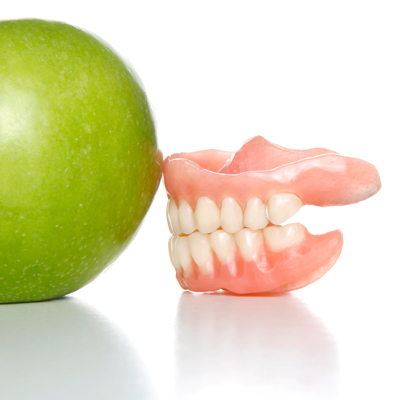
The National Institute for Health and Care Excellence (NICE) new guidance Oral Health for adults in care homes aims to maintain and improve oral health including dental health and daily mouth care for adults in care homes, and ensure timely access to dental treatment.
We know from NICE that more than half of that older adults in care homes have tooth decay compared to a third of over 85s who do not live in care homes. We also know that older adults in care homes are more likely to have fewer natural teeth, and are less likely to have enough teeth to eat comfortably.
Eating comfortably is jeopardised by poor oral health.
Ageing is associated with problems in oral health like loss of teeth, oral dryness and lack of saliva, periodontal disease, dental caries, painful mouth disorders and decreased chewing function. A compromised health status and multiple use of drugs are also important risk factors for poor oral health. Yet oral health status influences chewing ability, taste perception and the capacity to swallow, all important to help facilitate adequate dietary intake.
Poor oral health and reduced chewing ability can result in altered food choices, with a reduction in intake of fruit and vegetables, meat and dietary fibre. Restriction of selective food items or food groups from the diet can lead to nutritional deficiencies. Furthermore, enjoyment of food is dependent on the release of taste sensations into the mouth when chewing. Pain and ulcers from ill-fitting dentures can also contribute to increased risk of dehydration and malnutrition.
Poor daily oral care and lack of access to dental services can exacerbate the impact of poor oral health on a person’s diet, and particularly coupled with reduced ability to communicate as for example in older people with dementia, may cause weight loss, dehydration and lower quality of life. This has been looked at in scientific literature. A systematic review conducted a few years ago concluded there was some evidence from a small number of observational studies to suggest an association between oral health status and malnutrition in older people residing in long term care. The authors of the review found that 9 (out of 11) studies that looked at the relationship between malnutrition and a number of oral/dental problems like chewing, incomplete denture, salivary flow and mouth infections, reported a significant association.
So poor oral health can contribute to malnutrition, and in turn malnutrition can lead to increased risk of oral infections and reduced saliva. A downward spiral.
The new NICE Guidance is therefore a step not only for good oral care but a step for better nutrition.



